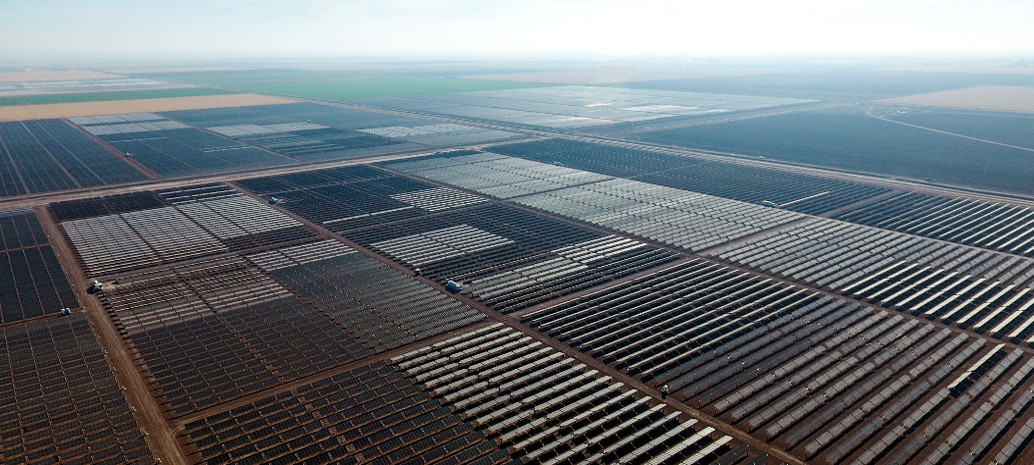The Japanese thin-film PV manufacturer stopped production at the Tohoku factory in Miyagi prefecture in late September, according to a statement by its parent, oil refiner Showa Shell Sekiyu.
“The group will also turn the Kunitomi plant into a multifunction plant by consolidating production that is currently taking place in the Tohoku and Miyazaki plants at the Kunitomi plant,” it said. “This restructuring of production will further strengthen cost competitiveness.”
Showa Shell Sekiyu described the closures as part of efforts to restructure production at the Tokyo-based CIS module supplier, so it can become more cost-competitive. It did not reveal its plans for the Tohoku production site, which launched commercial operations in June 2016.
The group acknowledged that the shift away from feed-in tariffs in Japan continues to contribute to the “gradual decline” of growth of new demand for solar. However, it insisted that demand remains relatively “stable” in the country’s residential and non-residential PV segments.
The board of Solar Frontier recently approved plans to transfer a portion of its business to RS Renewables, a company that will be incorporated through an incorporation-type company split. Its overseas sales of solar panels, as well as the development, construction and maintenance of solar projects, will be transferred to RS Renewables on January 5, 2018.
Showa Shell Sekiyu reported net income of JPY 19.2 billion ($170.7 million) for the first nine months of 2017, from JPY 11.2 billion for the same period a year earlier, despite an operating loss in its energy solutions business, which includes Solar Frontier. It said that Solar Frontier’s shipments of PV modules fell “substantially year on year” in the January-September period, mainly due to sliding sales in markets outside of Japan.
Solar Frontier continues to focus on supporting sales in its home market, while managing overseas shipments in line with its new, undisclosed business strategy, as well as factors such as declining solar panel prices. In September, for example, it started accepting orders for its SFK Series higher-output solar panels. The lineup, which includes 180 W and 185 W models, will go on sale from January 2018. In July, it also started making its new SmaCIS panels in Miyazaki for Japan’s residential PV market.
Showa Shell Sekiyu’s energy solutions business also includes its electric power unit, which runs power plants in Japan such as the natural gas-fired Ohgishima project. The electric power division reported “stable” profits for the first nine months of 2017.”
*This article was amended on Wednesday, November 22 to correct misinformation in the subheader. pv magazine erroneously stated last Friday that Solar Frontier was to shut down production at its 900 MW flagship facility in Kunitomi. We would like to set the record straight and confirm that this was incorrect information, and state that production is only going to be halted at the company’s 50 MW plant in Miyazaki prefecture.
This content is protected by copyright and may not be reused. If you want to cooperate with us and would like to reuse some of our content, please contact: editors@pv-magazine.com.



1 comment
By submitting this form you agree to pv magazine using your data for the purposes of publishing your comment.
Your personal data will only be disclosed or otherwise transmitted to third parties for the purposes of spam filtering or if this is necessary for technical maintenance of the website. Any other transfer to third parties will not take place unless this is justified on the basis of applicable data protection regulations or if pv magazine is legally obliged to do so.
You may revoke this consent at any time with effect for the future, in which case your personal data will be deleted immediately. Otherwise, your data will be deleted if pv magazine has processed your request or the purpose of data storage is fulfilled.
Further information on data privacy can be found in our Data Protection Policy.